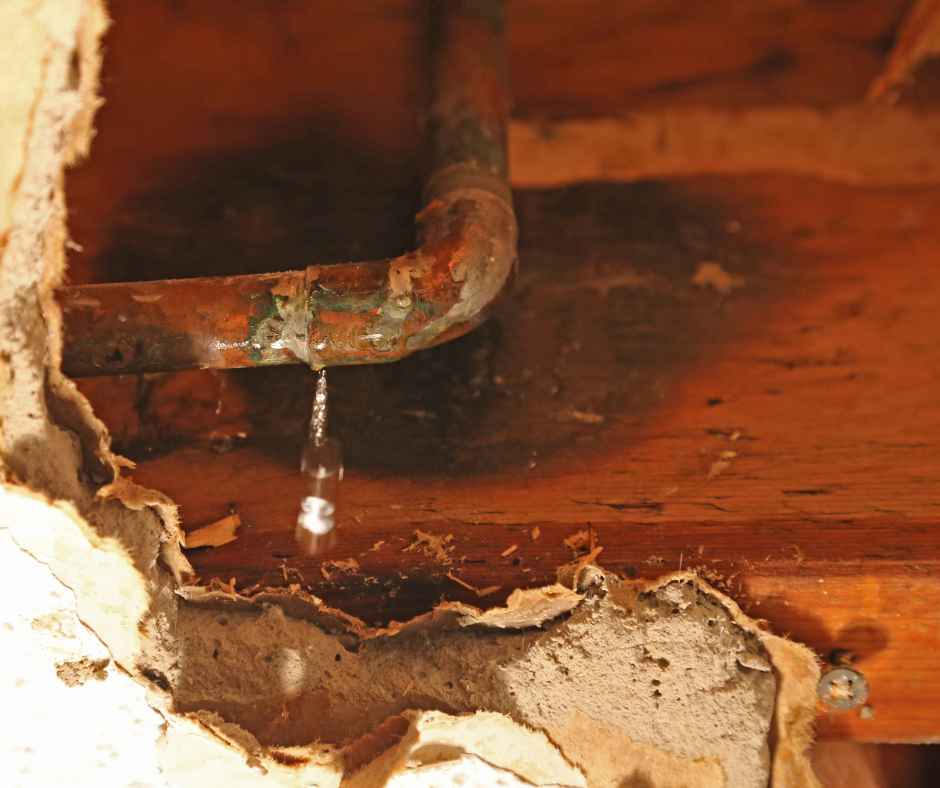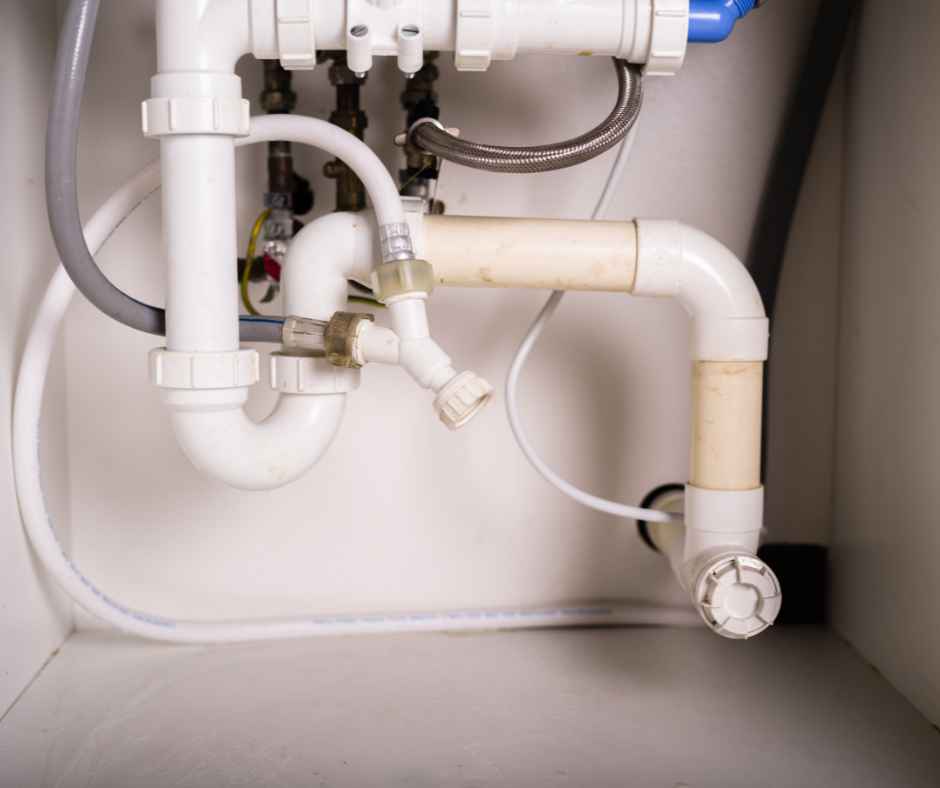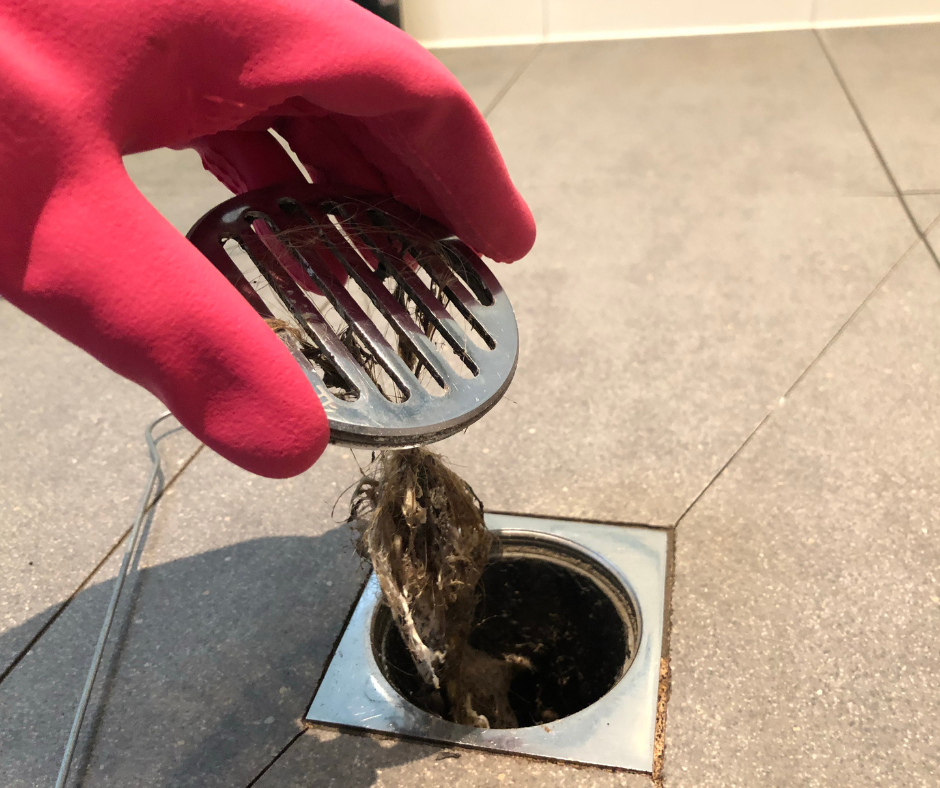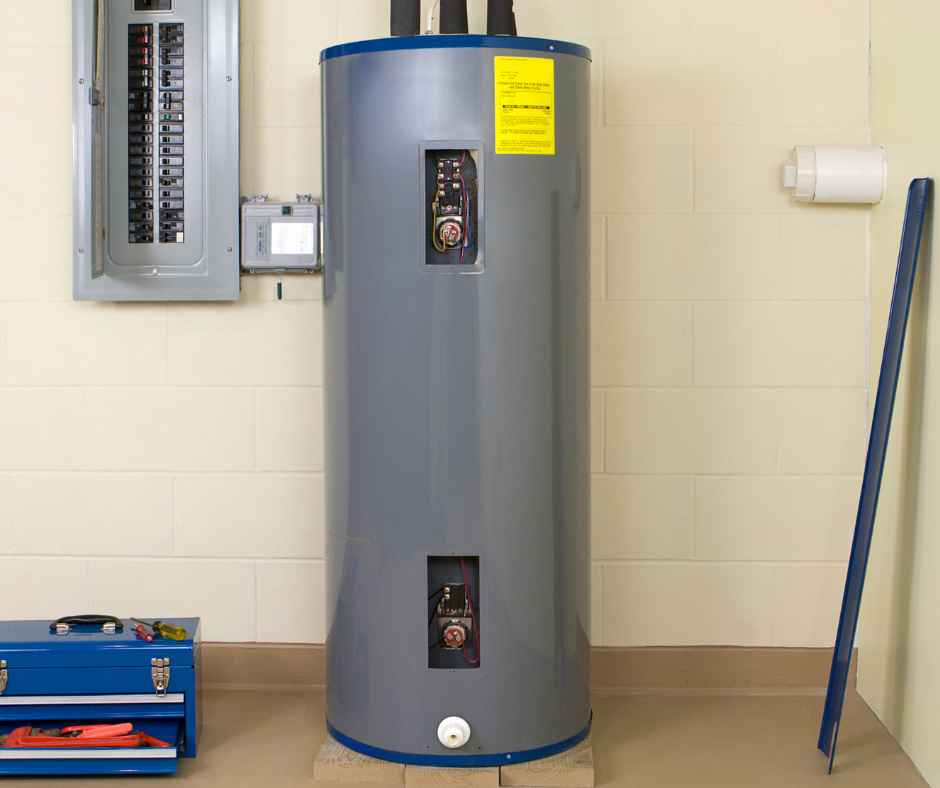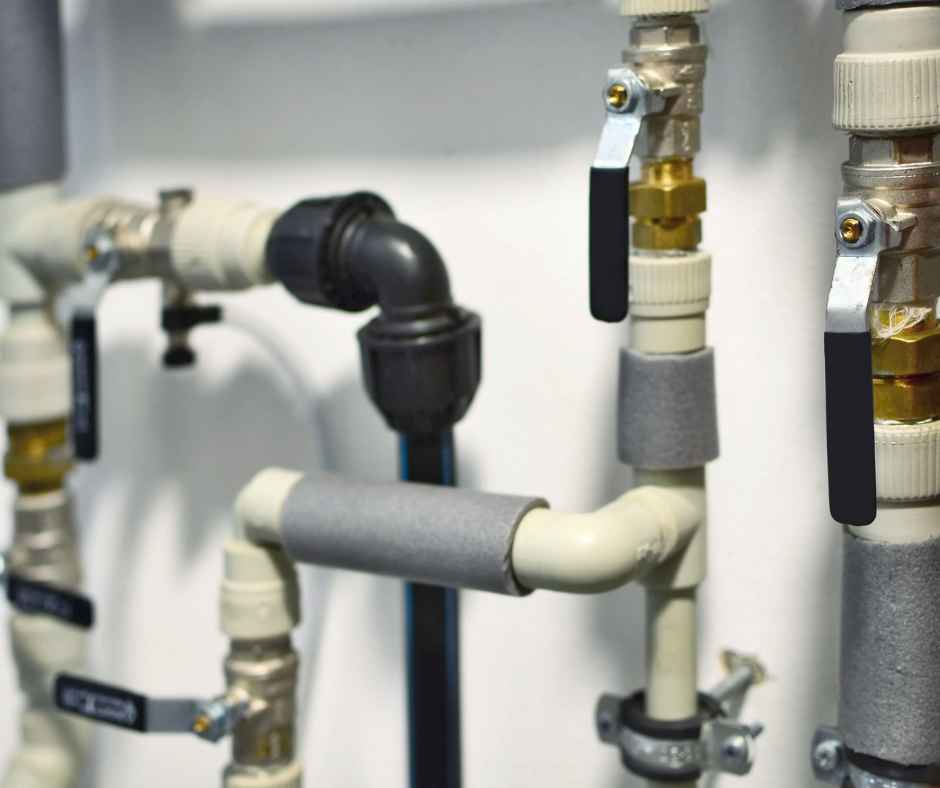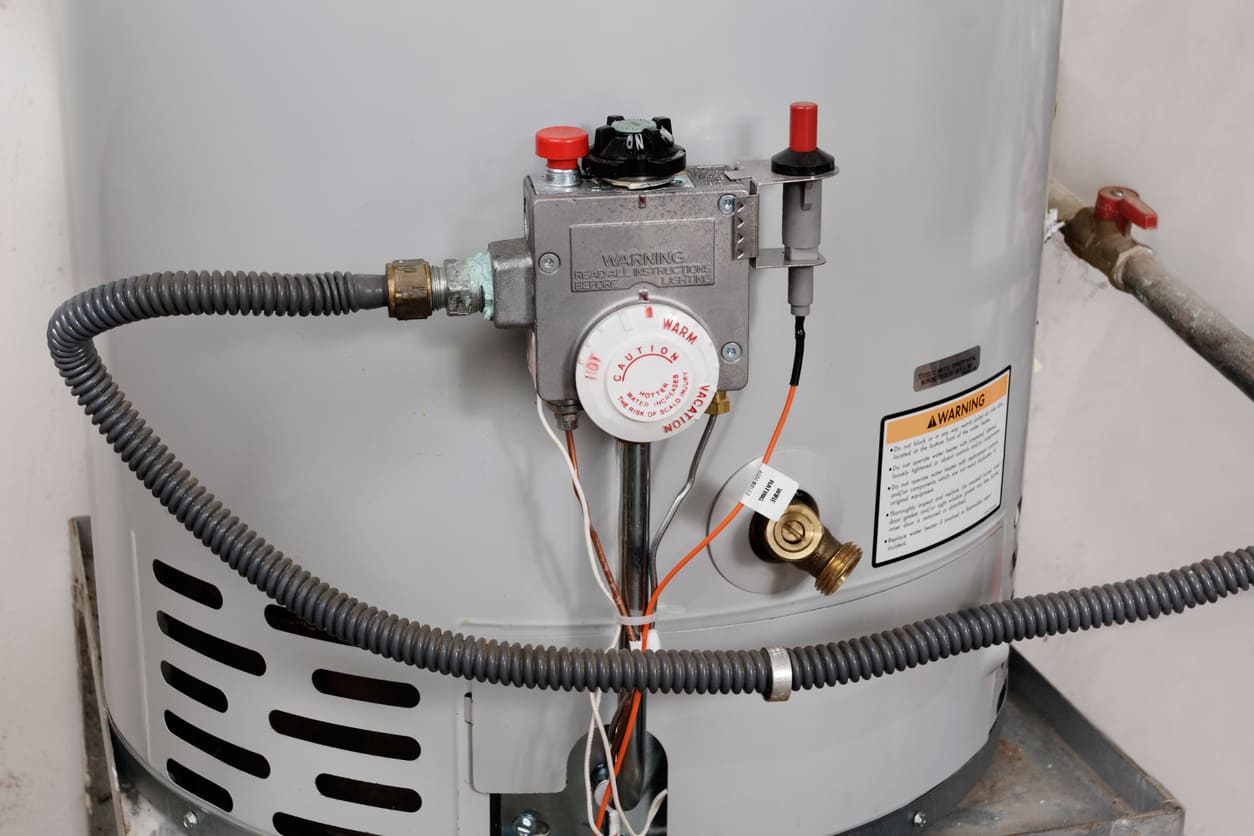Proudly Serving the Phoenix Metro Area
What You Need to Know Before Buying a New Hot Water Heater
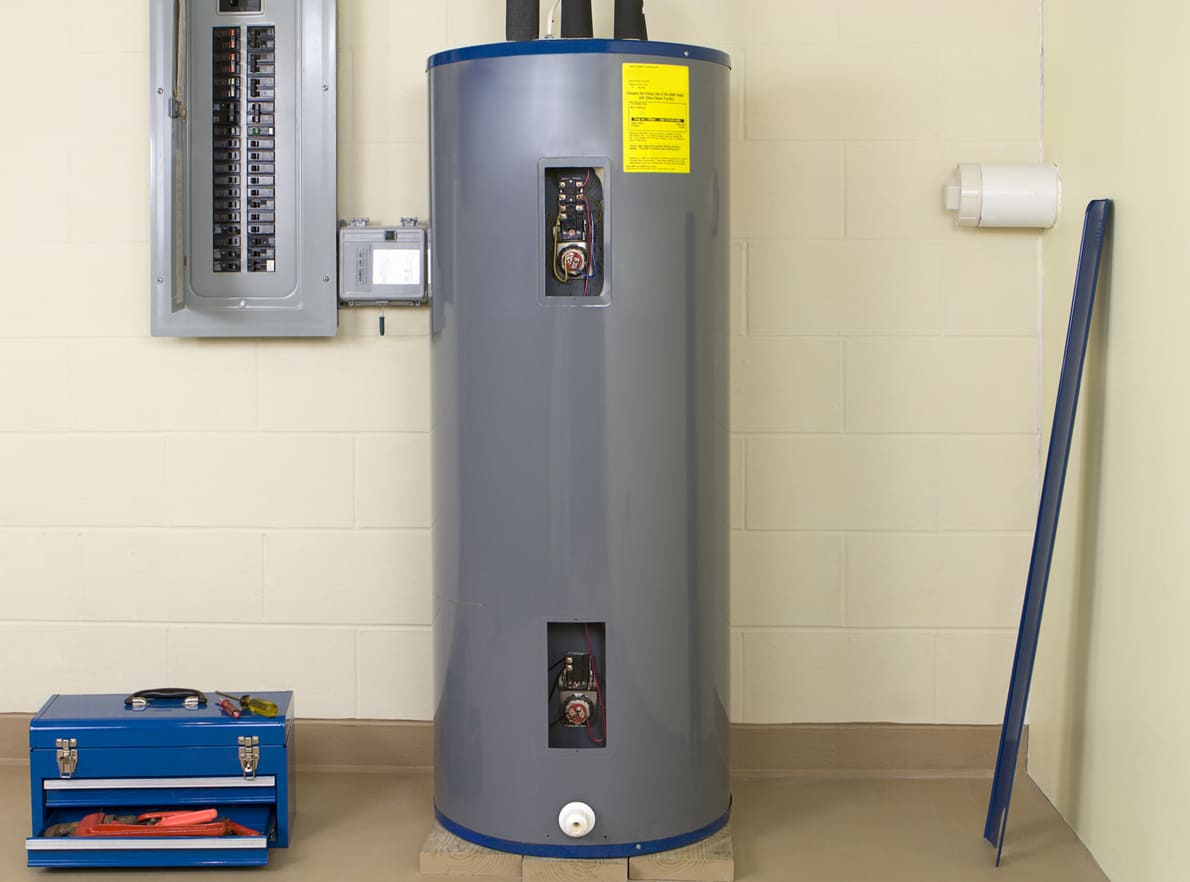
Navigating Your Purchase with Confidence
Selecting a new hot water heater for your home is a significant decision, impacting not just your immediate comfort but also your energy bills and environmental footprint for years to come. With a variety of options on the market, understanding what to consider before making a purchase can help you make an informed decision. Here’s everything you need to know.
Understanding Your Needs
Capacity
Consider the size of your household and your peak water usage. A system that’s too small will run constantly, while one that’s too large will increase your energy bill unnecessarily.
Energy Efficiency
Look for units with high energy efficiency ratings. While they may have a higher upfront cost, the savings on your energy bills can be substantial over time.
Types of Water Heaters
Traditional Storage Water Heaters
Traditional water heaters with a storage tank offer a reservoir of hot water ready for use, but can be less energy efficient due to standby heat loss.
Tankless Water Heaters
Tankless water heaters provide hot water on demand without storing it, which is more energy-efficient and saves space, but may have a higher upfront cost.
Hybrid Water Heaters
Hybrid water heaters combine the technology of a conventional water heater with a heat pump, pulling heat from the surrounding air, making them incredibly efficient.
Cost Considerations
Upfront Price
The initial cost can vary significantly depending on the type, capacity, and efficiency of the unit. Tankless models tend to be more expensive upfront but can offer savings in the long run.
Installation Costs
Don’t forget to factor in the cost of installation, which can vary depending on the complexity of the job and the need for any additional plumbing or ventilation.
Operational Costs
Consider how much the water heater will cost to operate. Look at the unit’s energy efficiency and the cost of the energy source it uses.
Seeking Professional Advice
Before making a purchase, it’s wise to consult with a professional plumber who can assess your home’s specific needs, recommend suitable models, and provide an estimate for the total cost, including installation. A professional can also inform you about any available rebates or tax incentives for energy-efficient models.
Ready to Find Your Perfect Hot Water Heater?
At Plumbing Masters in Phoenix, we understand the importance of finding the right hot water heater for your needs and budget. Our team is ready to guide you through the selection process, provide a seamless installation experience, and ensure you’re satisfied with your investment. Contact us today to learn more about how we can help!
